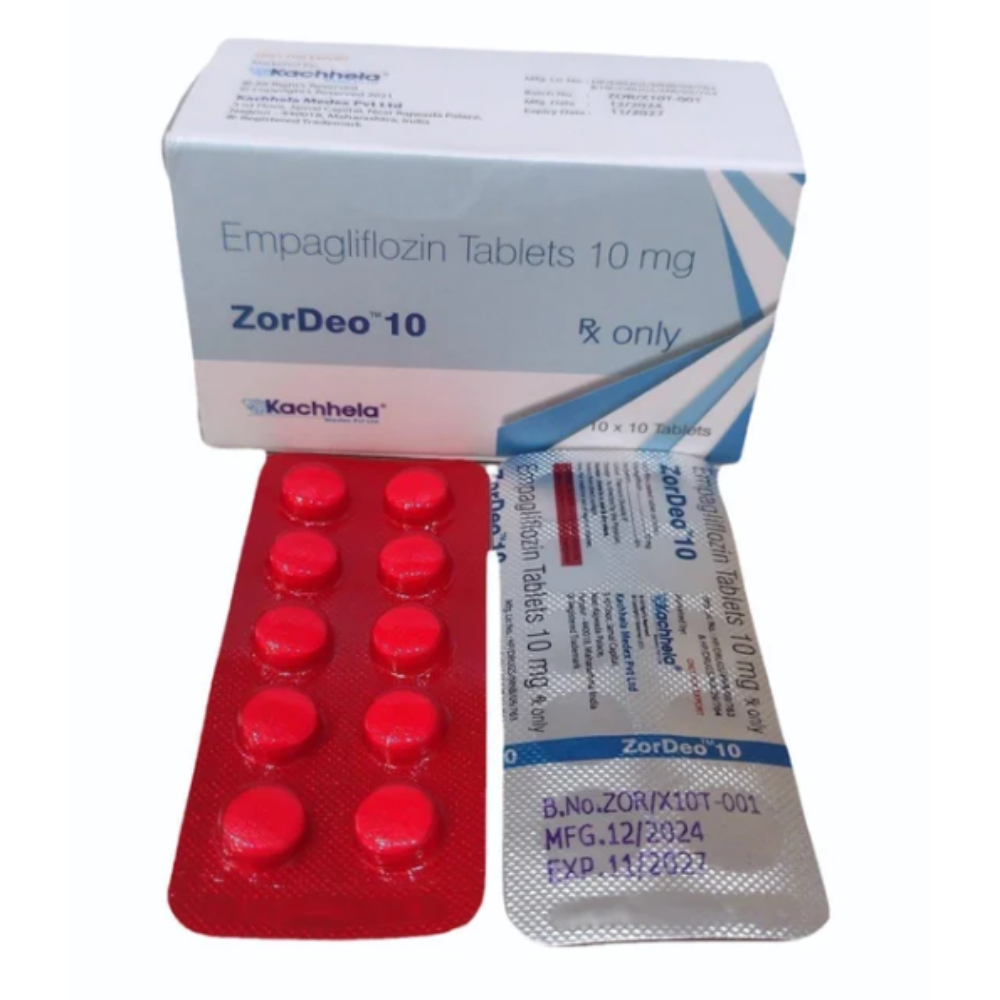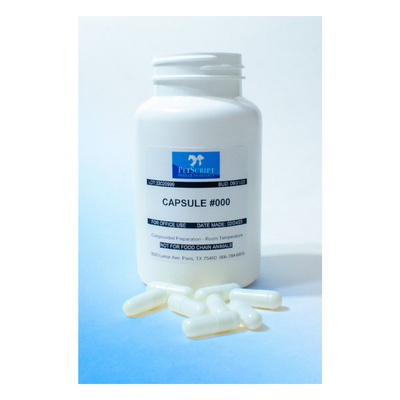fenbendazole 444: Dosage Guidelines You Should Follow
Checking out the Systems Behind Fenbendazole and Its Effect On Pet Health
Fenbendazole is a commonly used anthelmintic known for its effectiveness versus different parasites. Its primary system involves the inhibition of microtubule development, which interrupts important processes in these microorganisms. Beyond its antiparasitic buildings, fenbendazole also shows up to enhance immune actions and has anti-inflammatory benefits. Comprehending these multifaceted impacts might expose brand-new applications for pet health. Nonetheless, inquiries remain regarding its full capacity and safety account.
The Pharmacokinetics of Fenbendazole
The pharmacokinetics of fenbendazole, an extensively used anthelmintic in veterinary medication, entails the research study of its absorption, distribution, metabolic process, and discharging within animal systems. After management, fenbendazole is quickly taken in from the gastrointestinal tract, with peak plasma concentrations occurring within hours. Its circulation is influenced by aspects such as cells binding and lipid solubility, enabling it to pass through various cells effectively. The drug undergoes substantial metabolism mainly in the liver, where it is converted right into energetic and inactive metabolites. These metabolites contribute in the medicine's total effectiveness and safety profile. Discharging happens primarily through feces, with a smaller percentage eliminated through urine. The half-life of fenbendazole differs among species, which affects dosing regimens. Understanding these pharmacokinetic buildings is important for enhancing its restorative use and ensuring effective bloodsucker control in veterinary techniques.
Devices of Activity Versus Bloodsuckers
Fenbendazole applies its antiparasitic results largely through the restraint of microtubule formation in bloodsuckers. This interruption affects their architectural honesty and mobile functions, leading to impaired basal metabolism. Because of this, the drug successfully endangers the survival and reproduction of different parasitical microorganisms.
Inhibition of Microtubule Development
Inhibition of microtubule formation represents an essential mechanism where certain anthelmintic agents, including fenbendazole, apply their effects on parasites. Fenbendazole binds to tubulin, a protein that forms microtubules, interfering with the polymerization procedure needed for microtubule assembly. This interruption impairs necessary mobile features, consisting of mitosis, intracellular transport, and structural stability. As microtubules play an essential role in preserving the shape and feature of parasitical cells, their inhibition leads to cell cycle apprehension and eventual death of the bloodsucker. This mechanism is specifically effective against nematodes, as their reliance on microtubules for flexibility and nutrient absorption makes them vulnerable to fenbendazole. Consequently, the inhibition of microtubule development is a crucial element of fenbendazole's restorative efficacy in vet medication.
Interruption of Basal Metabolism
Interfering with basal metabolism is an additional vital device whereby fenbendazole targets parasitic organisms. This anthelmintic alters the energy manufacturing pathways within bloodsuckers, largely influencing their ability to generate adenosine triphosphate (ATP) By inhibiting glucose uptake and disrupting mitochondrial feature, fenbendazole limitations the energy resources important for the survival and reproduction of these microorganisms. Therefore, bloodsuckers come to be significantly susceptible to ecological stresses and immune reactions. In addition, the disturbance in power metabolism not just influences the parasites directly however likewise lowers their ability to assimilate nutrients, additionally hindering their development. In general, the disruption of power metabolism stands for a basic aspect of fenbendazole's effectiveness against numerous parasitic infections, adding substantially to improved pet health end results
Possible Negative Effects and Security Account
The prospective side effects and safety profile of fenbendazole warrant cautious factor to consider, specifically in veterinary applications. While normally considered risk-free, some pets may experience unfavorable responses, consisting of stomach disruptions such as vomiting and diarrhea. Additionally, neurological signs, although uncommon, have actually been reported in delicate people, highlighting the need for monitoring throughout treatment.

Fenbendazole's security in numerous species, including dogs and felines, has been about his recorded, however dosage and duration of treatment should be meticulously taken care of to lessen threats. Expectant or lactating animals might likewise call for unique interest, as the effects on developing unborn children or nursing spawn are not totally understood.
Regular veterinary appointments can help reduce prospective adverse effects and ensure the medication is administered suitably. Consequently, while fenbendazole is an effective anthelmintic agent, vigilance concerning its negative effects is vital for keeping animal health.

Fenbendazole's Influence on Immune Function
Fenbendazole has actually been noted for its potential to regulate immune system feedbacks in animals. Its anti-inflammatory buildings may add to boosted immune feature, giving a twin advantage in handling health (fenbendazole 222). Understanding these impacts is necessary for evaluating fenbendazole's duty in vet medication
Immune System Modulation

Anti-inflammatory Residences
Anti-inflammatory impacts stand for a substantial aspect of fenbendazole's influence on immune function. Research indicates that fenbendazole might decrease the production of pro-inflammatory cytokines, which are crucial in mediating inflammatory actions. By modulating these cytokines, fenbendazole can potentially ease inflammation-related problems in pets. This anti-inflammatory activity not only help in taking care of signs related to numerous conditions yet additionally improves total body immune system efficiency. In addition, its capacity to promote a well balanced immune response assists avoid extreme inflammatory damages, which can lead to chronic health and wellness problems. Fenbendazole's function in inflammation management highlights its importance in veterinary medication, providing a dual benefit of antiparasitic action and immune system support for pet health.
Applications Beyond Conventional Parasitic Infections
While mainly identified for its effectiveness versus numerous parasitic infections, fenbendazole has actually gathered focus for possible applications yet traditional extent. Current researches suggest that fenbendazole may have useful impacts on mobile wellness and immune response, making it a fascinating prospect for taking care of various other health conditions in pets. Its reported anti-inflammatory homes might give relief for animals suffering from persistent inflammatory illness. In addition, some research study suggests that fenbendazole can Full Article play a duty in supporting the overall health of pets by improving vitamins and mineral absorption and gastrointestinal health. Its prospective as an adjunct treatment in cancer treatment has stimulated interest, as preliminary findings recommend it could hinder growth cell growth in certain contexts. These diverse applications highlight fenbendazole's versatility, encouraging further exploration into its complex advantages for pet health past its conventional usage image source as a deworming representative.
Future Research Directions and Effects for Pet Health And Wellness
The exploration of fenbendazole's prospective applications has opened up brand-new methods for study intended at improving animal health. Future researches might focus on its effectiveness against a wider array of pathogens, consisting of bacteria and viruses, consequently expanding its function in veterinary medication. The ramifications of fenbendazole's devices, such as its influence on immune inflection, warrant better examination to understand just how it can strengthen overall health in numerous varieties.
In addition, research study may explore excellent dosages and formulations to optimize efficiency while lessening prospective side impacts. Investigating fenbendazole's synergistic impacts with other medications could lead to more efficient therapy methods. Longitudinal researches evaluating long-lasting end results in pets treated with fenbendazole might offer important understandings into its safety and security and effectiveness. In general, the ongoing exploration of fenbendazole uses promising possibility to boost animal health, requiring a collective strategy among scientists, vets, and pharmaceutical developers to assist in improvements around.
Regularly Asked Concerns
Can Fenbendazole Be Used in Livestock for Bloodsucker Prevention?
The inquiry of whether fenbendazole can be made use of in livestock for bloodsucker avoidance matters, as manufacturers look for efficient therapies (fenbendazole 444). Research study suggests it might offer advantages, however proper standards and vet guidance are important for safe use
What Is the Advised Dose of Fenbendazole for Different Animals?

Exist Any Type Of Recognized Medicine Communications With Fenbendazole?
Current understanding shows that fenbendazole might interact with particular drugs, possibly influencing their efficiency or metabolic rate. Vet specialists suggest seeking advice from a veterinarian to assess individual animal cases and determine any kind of feasible communications before administration.
How Does Fenbendazole Compare to Other Antiparasitic Drugs?
Fenbendazole is typically compared to other antiparasitic medications based on efficiency, range of task, and safety accounts. It is favored for its efficiency versus a large range of bloodsuckers while typically displaying very little adverse effects in pets.
Is Fenbendazole Effective Versus Viral or Microbial Infections in Pets?
The efficiency of fenbendazole versus viral or bacterial infections in pets remains unverified. Study largely concentrates on its antiparasitic homes, with restricted evidence supporting any type of role in dealing with non-parasitic infections in vet medication.